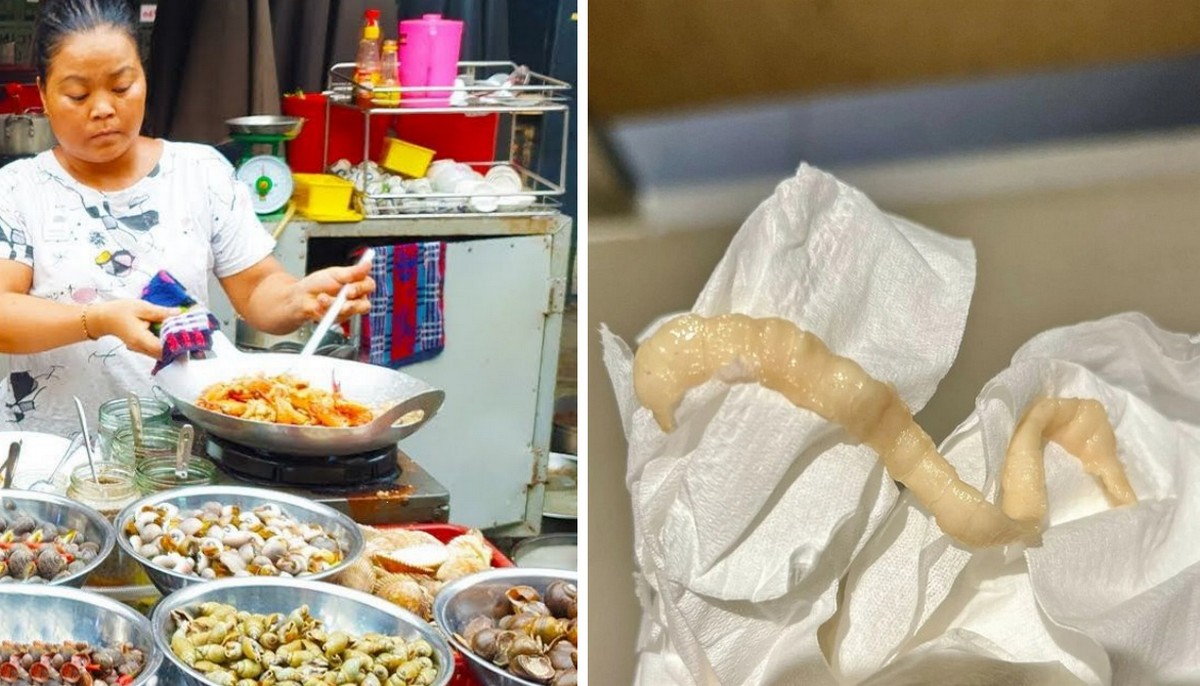A Japanese tourist faced an unpleasant surprise after visiting Thailand, discovering that he had a tapeworm after eating a popular local dish made from raw meat. The Thai doctor who examined the patient raised a general alarm and issued a warning that thermally untreated meat could be a source of parasitic infection.
As The Thaiger reported, doctor Sukhumphan Kaocharoen shared the story of a Japanese patient on his social media page. “The Japanese man complained of diarrhea and stomach upset after returning from Thailand,” the doctor said. The patient also mentioned flat yellow pieces in his stool, suspecting that these were parasites, then he said that during his stay in the “land of smiles,” he often ate raw meat.
The conducted analyses confirmed the suspicions of both the doctor and the patient – an increased content of eosinophils – white blood cells that fight against parasites – was found. Further examination of the feces showed the presence of a tapeworm. “These ribbon-like parasites can stay in the intestines for years without showing any signs to their hosts,” the doctor warned. In connection with the diagnosis, the doctor prescribed the appropriate treatment for the patient.
Similar cases of tapeworm infection have become a frequent cause of complaints to the doctor recently, which prompted him to share this information with the public. The doctor reminded them of the need to observe the basic rules of personal hygiene and warned both Thais and guests of the country against eating raw meat. “I would like to warn you: avoid eating raw meat, especially pork and beef. Buy meat by hygiene standards, wash, and clean fresh vegetables before eating, avoid buying deworming products without a doctor’s prescription because of various parasites, and defecate only in designated places,” the doctor urged and added that the solitaire can reach a length of 5 meters and living comfortably inside a person.
Reference: Raw meat dishes are really popular in Thailand. One of the most famous is laap (or larb), which is a salad of raw meat, usually beef or pork, with herbs, spices, and lime. Another popular dish is kung chiang, which means “raw meat” in Thai. This traditional dish is prepared from fresh meat seasoned with sauces and spices. Thai cuisine is known for its diverse palette of flavors and the use of fresh ingredients. However, it is worth remembering that eating raw meat is always associated with the risk of infection with bacteria or parasites.

